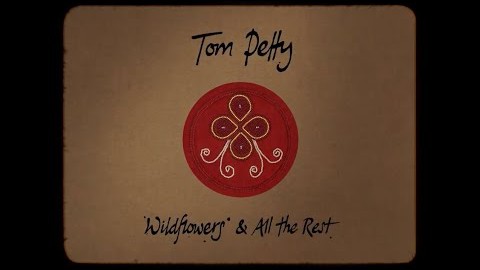
The second series of popular BBC reality show The Traitors began last week, and, only three episodes in, the contestants are already starting to turn on each other and cause drama.
However, the mind-games, deceiving and sabotaging required in the show will likely have psychological effects, say experts.
The programme, hosted by Claudia Winkleman, involves a group of 22 ordinary people. Of the group, some are selected to be ‘traitors’ who must lie to the others, hide their identity and try and sabotage the rest of the group’s chance at winning the prize fund, all while trying to not get caught. They must select one player each episode to ‘murder’ in the night, who will then be eliminated. The group, including the unknown traitors also have meetings known as ‘round-tables’ where they decide on who they think should be ‘banished’, for suspicion of being a traitor.

Clinical psychologist, Dr. Paul Davies, and psychodynamic psychotherapist, Mr Roger Fife, weighed in on the show’s psychological impact on the viewers, and the contestants.
They firstly explained the popularity surrounding the show, with Fife saying: “Humans’ fascination with betrayal and dishonesty can be partly attributed to our complex psychological and social makeup.”
He continued: “It provides a vicarious experience through which we can contemplate ethical boundaries and the consequences of actions without real-world risks.”
But the experts also attributed the high-stakes atmosphere and competitive pressure to some changes in emotion for the contestants. Davies said of the environment: “Heightened emotional reactivity from the fight-or-flight response may be more present, leading to impulsive and less considered reactions.”
“In the high-stakes atmosphere of The Traitors, the perception of trust among participants is heavily influenced by the game’s inherent competitive and deceptive nature,” said Fife. “The high-stakes environment will make participants become anxious, paranoid, and mistrustful.”

This anxiety and paranoia may also come with the threat of possibly being banished from the competition, or essentially voted out. Fife also spoke on the elimination process: “Being banished or killed-off will bring up a number of responses including anger, hurt, rejection, shame, and self-criticism.”
For example, in last Friday’s episode of The Traitors, one contestant became visibly uncomfortable with the way he was being perceived by his fellow teammates, causing him to panic, and thus be considered for banishment.
Davies added: “Coping (with these) may be governed by individual characteristics. Some may engage in helpful strategies such as self-reflection.”
As such, Fife and Davies have called on the show’s creators to take responsibility for providing necessary support to contestants after the show. Davies advised: “Producers hold the ethical responsibility to provide adequate mental health support and resources for contestants.” Fife added, “When a contestant is banished, they will need some short-term emotional support.”
In other news, the filming location for The Traitors has been confirmed.
The post ‘The Traitors’ contestants will need psychological support after the show, say experts appeared first on NME.




